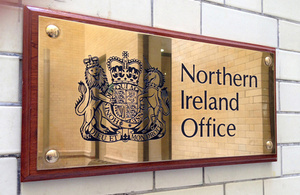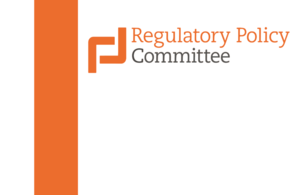New funding to support UK professional and business services regulators
- New pilot funding programme will provide targeted support to UK professional and business services regulators and professional bodies to help UK qualified professionals and businesses deliver services overseas
- The announcement follows the introduction to Parliament of new legislation that will include empowering UK regulators to enter into agreements with their overseas counterparts
Investment Minister Lord Gerry Grimstone has today (29 June) announced a new pilot grant funding programme that will provide targeted support to UK professional and business services regulators to make recognition arrangements on professional qualifications.
Recognition arrangements can make it easier for UK professionals to have their professional qualifications recognised outside the UK. By supporting these recognition agreements, this funding will help UK professionals and businesses deliver services overseas.
The pilot grant funding programme announced today will support regulators and professional bodies negotiating recognition arrangements by providing funding for additional technical expertise. This will allow UK businesses and professionals to seize opportunities overseas and boost the appeal of UK qualifications.
Minister for Investment Lord Gerry Grimstone said:
This funding is a welcome addition to our support for regulators in helping their professionals seize opportunities abroad, building on their reputation and those of their professions as being the global gold standard for quality, skill and reliability.
Today’s announcement complements our new legislation, enabling UK regulators to enter into agreements with their overseas counterparts, supporting their autonomy to ensure professionals continue to meet the rigorous standards expected. The pilot grant funding programme will provide limited, targeted financial support to professional and business services regulators who are looking to negotiate and agree recognition arrangements with their overseas counterparts.
When negotiating recognition arrangements, regulators may benefit from using additional technical expertise, which is why the Government is providing grant funding for eligible regulators to use towards the cost of the technical expertise they require, for example translation or experts to help map the qualifications recognised by overseas regulators. This will ultimately help regulators, businesses and professionals to access new markets and reduce barriers to trade.
The announcement follows the introduction of the Professional Qualifications Bill to Parliament last month. The legislation removes an outdated system for recognition of professional qualifications from overseas in the UK, establishing a new approach based on regulator autonomy and supports for UK professionals to deliver services overseas. The Bill supports regulators to pursue arrangements with counterparts in other countries in the interests of their professions.
The Bill gives UK regulators more autonomy to use their existing powers to put in place the unilateral, bilateral, and multilateral recognition routes which work for their profession. By replacing the current outdated system, it returns autonomy to regulators, enabling them to put in place the arrangements they need, and helps all parts of the UK to take advantage of the UK’s global trading status.
The Bill also means an assistance centre will continue to provide an enquiry service which will cover both UK-wide and devolved professions, helping professionals to understand the steps they need to take to have their professional qualifications recognised in the UK and abroad.

